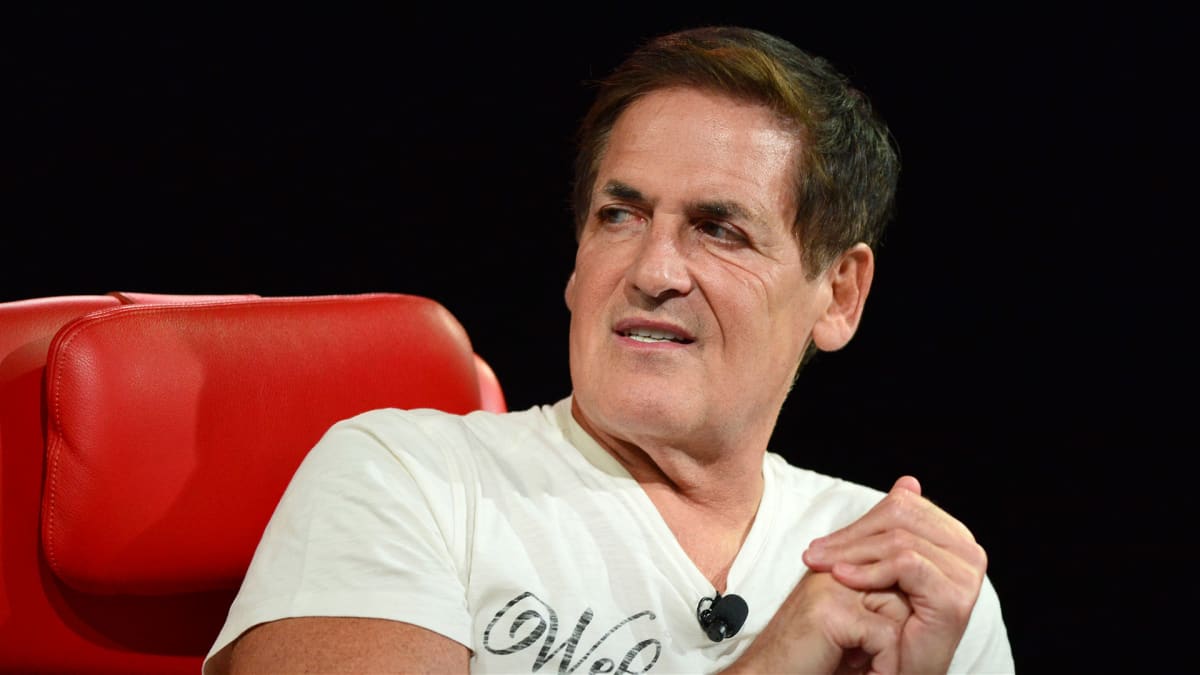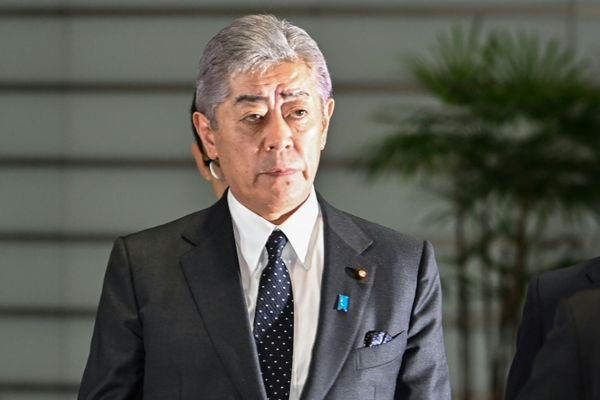
The failure of Silicon Valley Bank, the go-to lender of startups, is a financial and banking earthquake that has not yet revealed its full extent.
Some 24 hours later, investors, businesses and startups are trying to assess the repercussions that the closure of the bank by the regulators will have for them. At this time, they are still assessing the impact.
This is the case with billionaire Mark Cuban, who has just indicated that his exposure to SVB is in the millions of dollars.
"I'm only exposed to maybe $8 to $10 million," the Shark Tank star said during a Twitter Spaces on March 11. "CostsPlus Drugs.com deals with SVB. So we had, I think, $3.1 million there."
CostPlus Drugs.com is an online pharmacy that the billionaire co-founded in January 2022 to disrupt big pharma. The platform is the only company that he has founded or invested in that bears his name. The company's official name is Mark Cuban CostPlus Drug Co.
'I'm Writing Checks on Monday Morning'
"We're scrambling and opening up accounts and staying up late talking to bankers to get accounts opened up at other banks. And you know, I'm writing checks on Monday morning [March 13] first thing, to make sure that payroll is payable and, you know, because this CostPlus Drugs.com is my baby," Cuban continued.
"Right now I'm not letting it go anywhere. I'm playing offense in every way that I know."
The regulators shut down Silicon Valley Bank (SVB) on March 10, after a run on the bank. The Federal Deposit Insurance Corporation took control and is now the manager of $175 billion in customer deposits, including money from several startups and from some of the biggest names in the technology world.
The regulator also created a new entity, and indicated that unsecured depositors, that is to say SVB customers with more than $250,000 in their accounts, will not, for the moment, have access to their money.
This leaves many uncertainties about the ability of many startups to operate in the coming weeks, since their funds are locked up. The FDIC said it will pay uninsured depositors an "advance dividend within the next week."
The question is how much this "advanced dividend" will amount to. The extent of the crisis caused by SVB depends on the response that the FDIC will bring to this question said Cuban. There would be a contagion effect if the advanced dividend is not significant, he warns.
"If nobody gets anything, and payrolls aren't made, vendors aren't paid. And those vendors when they don't get paid, they can't pay their payroll. So there's a second, third and fourth order that happens, you know, every two weeks effectively for payrolls, and so if there's no money paid out in 'advanced dividends,' we have a problem," the billionaire argued.
But "if there's a material amount that covers enough, that allows enough for the startups, enough of the wine industry, enough of the company's impact to pay their bills, and make their payroll, then six months from now we won't remember the details."
Contagion
The closure of SVB poses a big problem for the startup ecosystem, many experts have already warned. The firm was a central player in the innovation economy. It was the backbone of the tech industry in Silicon Valley. It played an important role by providing specialized financial services, industry expertise, a valuable network, and a strong reputation.
It also offered a range of financial services, tailored specifically to the needs of startups, such as venture debt, corporate banking and asset management. These services are designed to help startups manage their finances, optimize their cash flow and scale their businesses.
Its closure combined with the possibility that many startups may not be able to access their deposits is likely to cause serious cash flow problems for young companies known to burn through money.
Such an event could push many startups to file for bankruptcy due to lack of liquidity, but it is also an opportunity for investors like Cuban to scoop up promising companies. When asked about this possibility, the billionaire did not hesitate to say that he would go on the offensive if this were the case.
"I'm not gonna lie and say it didn't cross my mind to say 'okay, who's going to be desperate? and where can I pick up some scraps and invest in good companies?' Just like in 2000 buying Amazon and Dell and other companies when all the companies are getting hit, or buying Live Nation in March of 2020 when who knew how long the pandemic was going to run. But that only is going to be available to a select few because they're private companies, and not everybody is able to take advantage of that" the legendary investor said.
He then explained that the situation will be clearer on March 13, when FDIC will provide more details on the payment of the "advanced dividend."
"It really is going to depend on how much the advance dividend is. If it's 50%, and you get that by Wednesday, okay, because Wednesday is the 15th. And maybe payroll is a little late, but that covers payroll for at least some percentage," Cuban said.
"And then the next question is how well do they communicate what's happening for the other 50%. If it's all uncertainty and we don't know any type of timeline and there's no ongoing communication, that'll create a smaller contagion, but still a contagion."
Besides Cuban, companies like Roku, Roblox, and Rocket Lab have already announced their exposure to SVB. Crypto firm Circle, which is the issuer of cryptocurrency USDC, had $3.3 billion in deposits in the failed bank.







